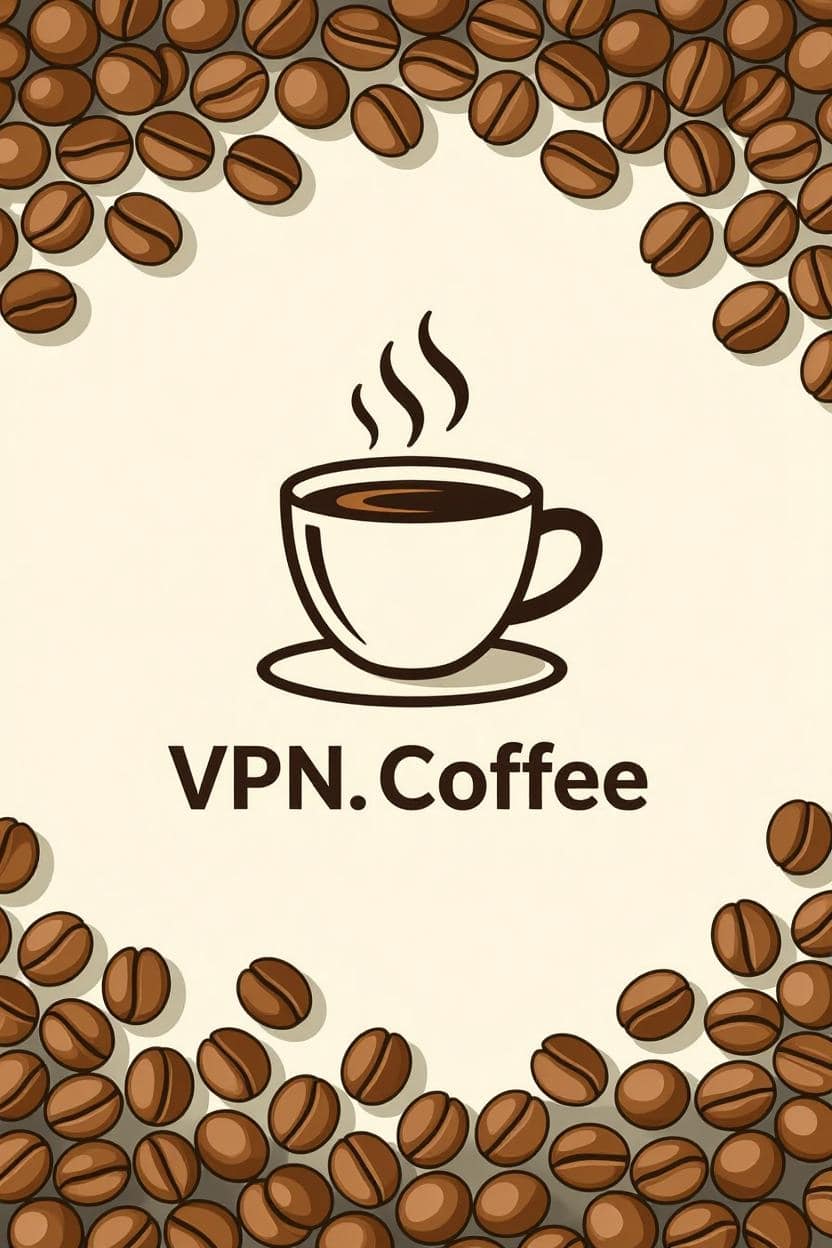Virtual Private Networks (VPNs) are widely used to enhance online privacy and security, but a common question is whether they truly prevent tracking. For users concerned about their digital footprint, understanding how VPNs work and their limitations is crucial. This guide explores how VPNs protect against tracking, the types of tracking they can prevent, and practical steps to maximize privacy, tailored for technical and non-technical audiences alike.
How Does a VPN Work?
A VPN creates a secure, encrypted tunnel between your device and a remote server, masking your IP address and encrypting your internet traffic. This process hides your online activities from prying eyes, such as Internet Service Providers (ISPs), websites, or potential attackers. By routing your traffic through a VPN server, your real location and identity are obscured, making it harder for third parties to track you.
However, while VPNs significantly enhance privacy, they are not a complete shield against all forms of tracking. Understanding their capabilities and limitations is key to staying protected.
Types of Tracking a VPN Can Prevent
VPNs are effective against several common tracking methods, particularly those relying on network-level data. Below are the primary types of tracking a VPN can mitigate:
- ISP Tracking: ISPs monitor your browsing history, including websites visited and data usage. A VPN encrypts your traffic, preventing your ISP from seeing your activities.
- IP Address Tracking: Websites and services use your IP address to track your location and behavior. A VPN replaces your real IP with the server’s IP, masking your true location.
- Public Wi-Fi Snooping: On unsecured public Wi-Fi, attackers can intercept your data. A VPN’s encryption protects your traffic, making it unreadable to eavesdroppers.
- Geo-Tracking: Services use your IP to determine your geographic location for targeted ads or content restrictions. A VPN allows you to appear as if you’re browsing from a different region.
Types of Tracking a VPN Cannot Prevent
While VPNs are powerful, they have limitations. The following tracking methods may still occur, even with a VPN:
- Cookies and Browser Tracking: Websites use cookies, browser fingerprinting, or tracking pixels to monitor user behavior across sessions. These operate at the application level, beyond a VPN’s scope.
- Account-Based Tracking: Logging into accounts (e.g., social media or email) links your activities to your profile, regardless of VPN usage.
- Malware or Spyware: Malicious software on your device can track your activities. A VPN does not protect against malware installed locally.
- Data Leaks: Poorly configured VPNs or DNS leaks can expose your real IP address. Using a reputable VPN with leak protection is essential.
How to Maximize Privacy with a VPN
To enhance your protection against tracking, combine VPN usage with additional privacy practices. Below are actionable steps for technical users:
1. Choose a No-Logs VPN
Select a VPN with a strict no-logs policy to ensure your activities are not recorded. This prevents the VPN provider from storing or sharing your browsing data.
2. Enable Leak Protection
Ensure your VPN has built-in DNS and WebRTC leak protection to prevent your real IP address from being exposed. Test for leaks using online tools like browserleaks.com.
3. Use Privacy-Focused Browsers
Browsers like Firefox or Brave offer enhanced privacy features, such as blocking trackers and disabling fingerprinting. Combine these with a VPN for added protection.
4. Clear Cookies Regularly
Delete cookies and site data periodically or use browser extensions to block tracking cookies automatically.
5. Disable WebRTC
WebRTC, enabled by default in some browsers, can leak your real IP address. Disable it in your browser settings (e.g., Firefox’s about:config or Chrome extensions).
6. Use Secure Protocols
Opt for modern VPN protocols like WireGuard or OpenVPN, which offer strong encryption and reliable performance to prevent data interception.
Common Misconceptions About VPN Privacy
Several myths about VPNs can lead to misunderstandings about their tracking protection capabilities:
- VPNs Make You Anonymous: While VPNs hide your IP and encrypt traffic, they do not provide complete anonymity, especially if you log into accounts or share personal data.
- All VPNs Are Equal: Not all VPNs prioritize privacy. Some may log data or lack robust encryption, so choosing a reputable provider is critical.
- VPNs Block All Ads: VPNs do not inherently block ads or trackers; additional tools like ad blockers are needed for this purpose.
Comparing VPN Privacy Features
Different VPN features impact their effectiveness against tracking. Below is a comparison of key privacy features to look for:
| Feature | Purpose | Impact on Privacy |
|---|---|---|
| No-Logs Policy | Ensures no user data is stored | Prevents tracking by VPN provider |
| DNS Leak Protection | Routes DNS queries through VPN | Hides browsing activity from ISP |
| Strong Encryption | Secures data with AES-256 or similar | Prevents eavesdropping |
| Kill Switch | Blocks internet if VPN disconnects | Prevents IP exposure during drops |
Advanced Tips for Technical Users
For IT professionals or advanced users, consider these additional strategies to enhance privacy and minimize tracking:
- Test for Leaks: Regularly use tools like IPLeak.net to verify that your VPN prevents DNS, WebRTC, or IPv6 leaks.
- Use a Dedicated IP: A dedicated IP reduces the risk of being flagged as a VPN user, as it’s unique to you and less likely to be blacklisted.
- Combine with Tor: For maximum privacy, route VPN traffic through the Tor network, though this may significantly reduce speed.
- Monitor Network Traffic: Use packet analyzers like Wireshark to detect any unencrypted traffic or suspicious activity.
Conclusion
While a VPN significantly reduces tracking by hiding your IP address and encrypting your traffic, it cannot prevent all forms of tracking, such as cookies or account-based monitoring. By choosing a reputable VPN with a no-logs policy, enabling leak protection, and combining it with privacy-focused tools like ad blockers or secure browsers, you can maximize your online privacy. For technical users, understanding these limitations and applying advanced strategies ensures robust protection against tracking, keeping your digital activities secure and private.

